Hoa, Flower Child & Aspiring Musician
Hoa, Flower Child & Aspiring Musician
Hoa, just turned seventeen, was born in Bac Ninh province where her parents and younger brother still live. Both her father, age 39, and her mother, age 35, are farmers.
Even though her father is visually impaired he has learned to read braille and is the only member of the family to have completed a formal education. Although her younger brother, eight years old, is sighted and suffers no disabilities, blindness runs in the family on her father's side. Not only are her grandmother and her father visually impaired but so is her uncle, who has left home many years ago to make a living. The family has been looking for him for years but with no success, so far.
As the “baby” of the Omamori family, Hoa is adored by many and most likely spoiled by at least a few secret admirers. Her name, Hoa, means flower in Vietnamese and thus, as the youngest in the organization I have, with her permission, taken the liberty of nicknaming her “Flower Child”. Her constant smile and the colorful expression in her eyes make this name a natural fit.
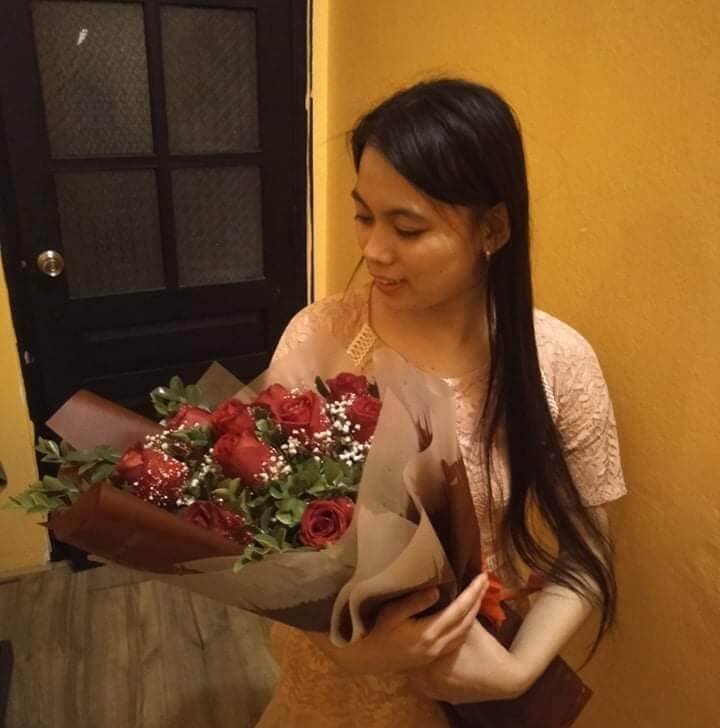
As a small child Hoa dreamt of learning to play a musical instrument, a dream that she cherishes to this day. She loved nothing more than to listen to music and watch people perform. Unfortunately her family and teachers did not support her in this or encourage this interest in any way. Nor was she given much support for continuing her formal education. In fact, at the end of her third year in school her teachers told her family that due to her visual impairment they could no longer teach her. While no formal testing has been done, it seems that she may also suffer some form of memory impairment, as well, as she finds it exceedingly difficult to remember certain categories of things for more than a few minutes.
Hoa wants to go back to school and study Vietnamese history and culture so that she can communicate with people from all over the world but worries that even though she is now working in Hanoi, where she has access to the School for the Blind, she will not be able to pass its entrance exam. While still living with her family in Bac Ninh province she mostly remained at home, assisting wherever possible with work around the farm and with housework. Though she longed for friendships with her classmates and others in the community, Hoa explains that when she tried to approach other children some would run away, somehow frightened by her blindness, and others would even hit her.

When she was sixteen years old she worked in a Tam Quat studio for about three months but soon discovered that the working environment was “complicated”, as she carefully explained. Pressed for details, she told of being frequently approached for sexual favors, seemingly a recurrent theme (though certainly not universal) in the Tam Quat environment in Vietnam. Fortunately, within a few months, Hoa and her aunt, who is also visually impaired, learned of a “free cell phones for the blind” program offered by the local blind association. It was here that she met Lê, a fellow blind therapist at Omamori, who suggested she come to study and work here. Hesitant at first, because Hanoi seemed so far away, she finally decided to give it a try.
Coming to work at Omamori, for Hoa, has been like opening a whole new chapter in her life, perhaps even Part II in a two, three or four-part series of books. She speaks with pride of the professional working and learning environment, of having found a whole new circle of friends and of opportunities for engaging with other staff who play piano, flute, guitar and ukulele, and of opportunities to cook with and for her friends, and more. She is especially proud of being able to earn enough money to support herself. And more than anything else, Hoa feels that for the first time in her life she may be able to return to her village one day and show her family and her fellow villagers that she, too, is a productive member of society, no different from anyone else. Her dream is a simple one: to return home one day, not as one who is disparaged, feared, and taunted, but as a respected member of the community. And perhaps one day, to learn to play a musical instrument well.
News Related
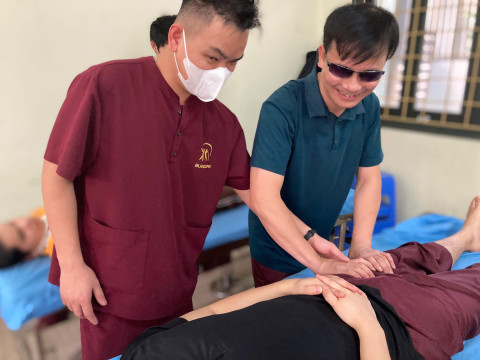
Nguyễn Ngọc Khuyến's Journey to Mastering Traditional Vietnamese Massage
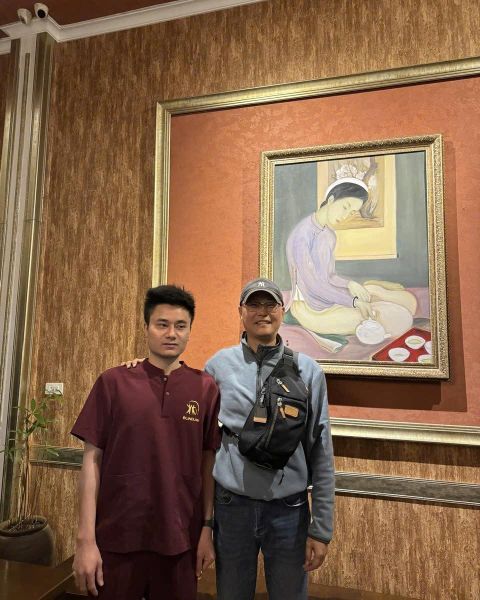
Hiep's story
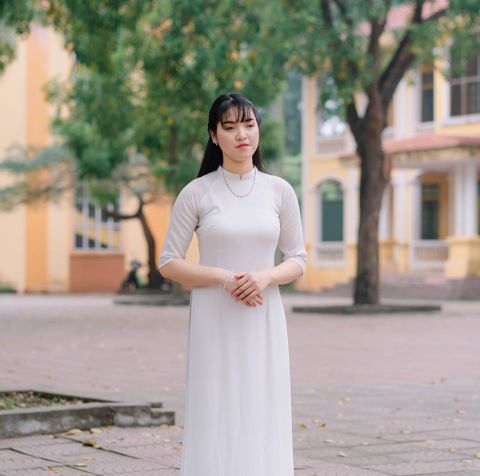
MINH’s STORY
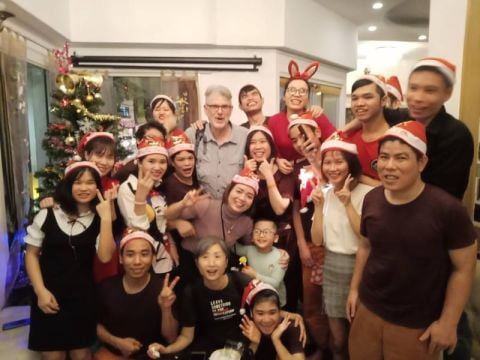
Stories of Our Blind Students: Session 1: Hồ Sỹ Cường
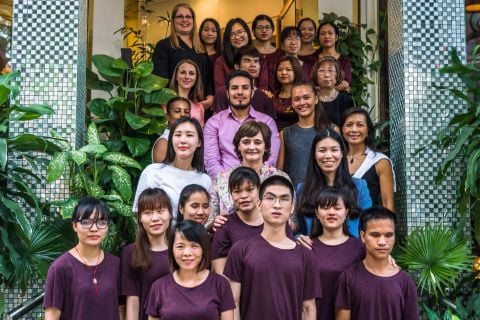
Omamori Spa: Breaking Barriers: A Decade of success for Blind Youth Employment in Vietnam.
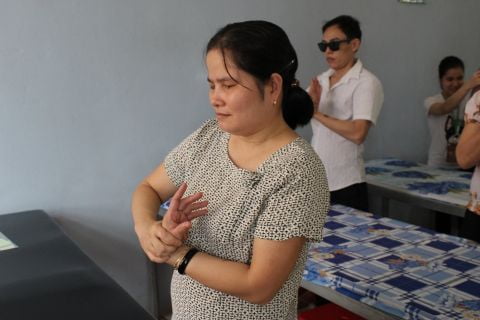
Lê Thị Đào - A talented blind singer
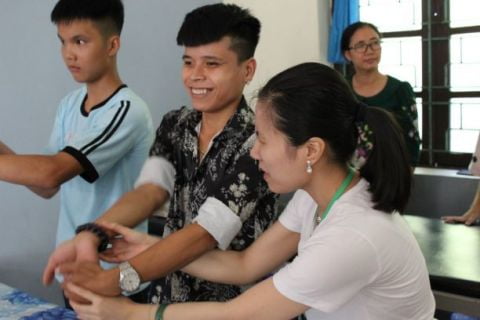
Hung - A Manager in the Future
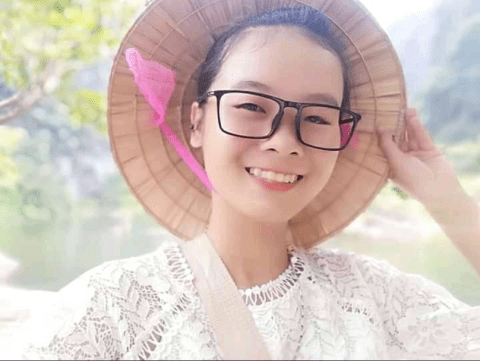
Chi - A Wild Horse Girl
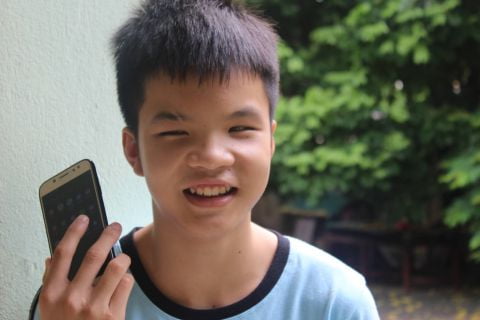
Lâm - The Youngest Student!
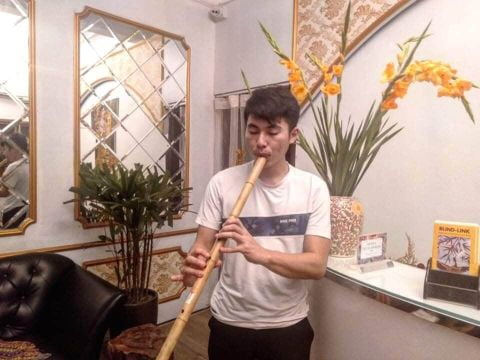
Tien, Musician and Listener
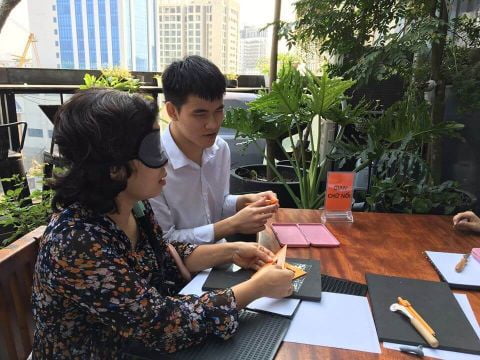
Trung Dao, Inventor & Social Work Visionary
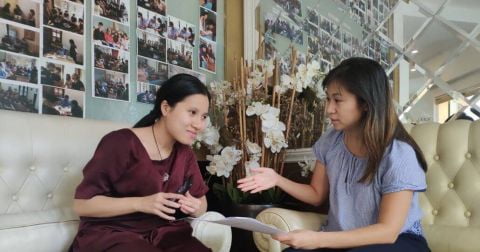
Nguyet, the “Rose”
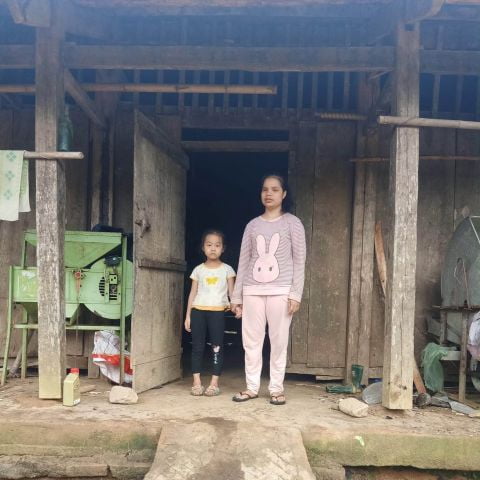
Hue, Happiest Unhappy Person?
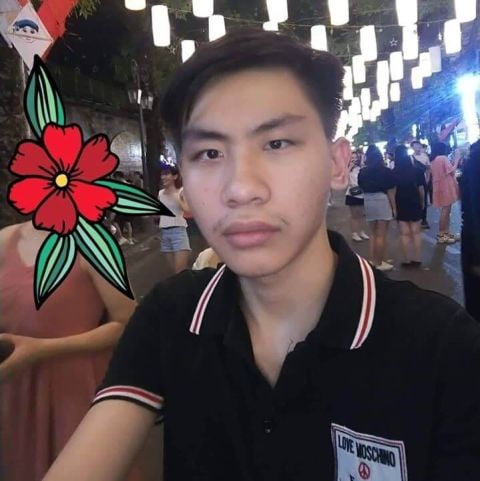
Tu, Therapist and Serious Gamer

